Microsoft Dynamics 365 CRM, which got 7.7% of the CRM market share, offers powerful features for all-sized businesses to manage their relationships and transform sales, marketing, and customer service processes. Besides, users can connect Dynamics CRM with other systems to improve more functions. In this article, let’s discover what Microsoft Dynamics 365 CRM Integration is and the top 3 profiles for your business references.
What is Microsoft Dynamics 365 CRM Integration?
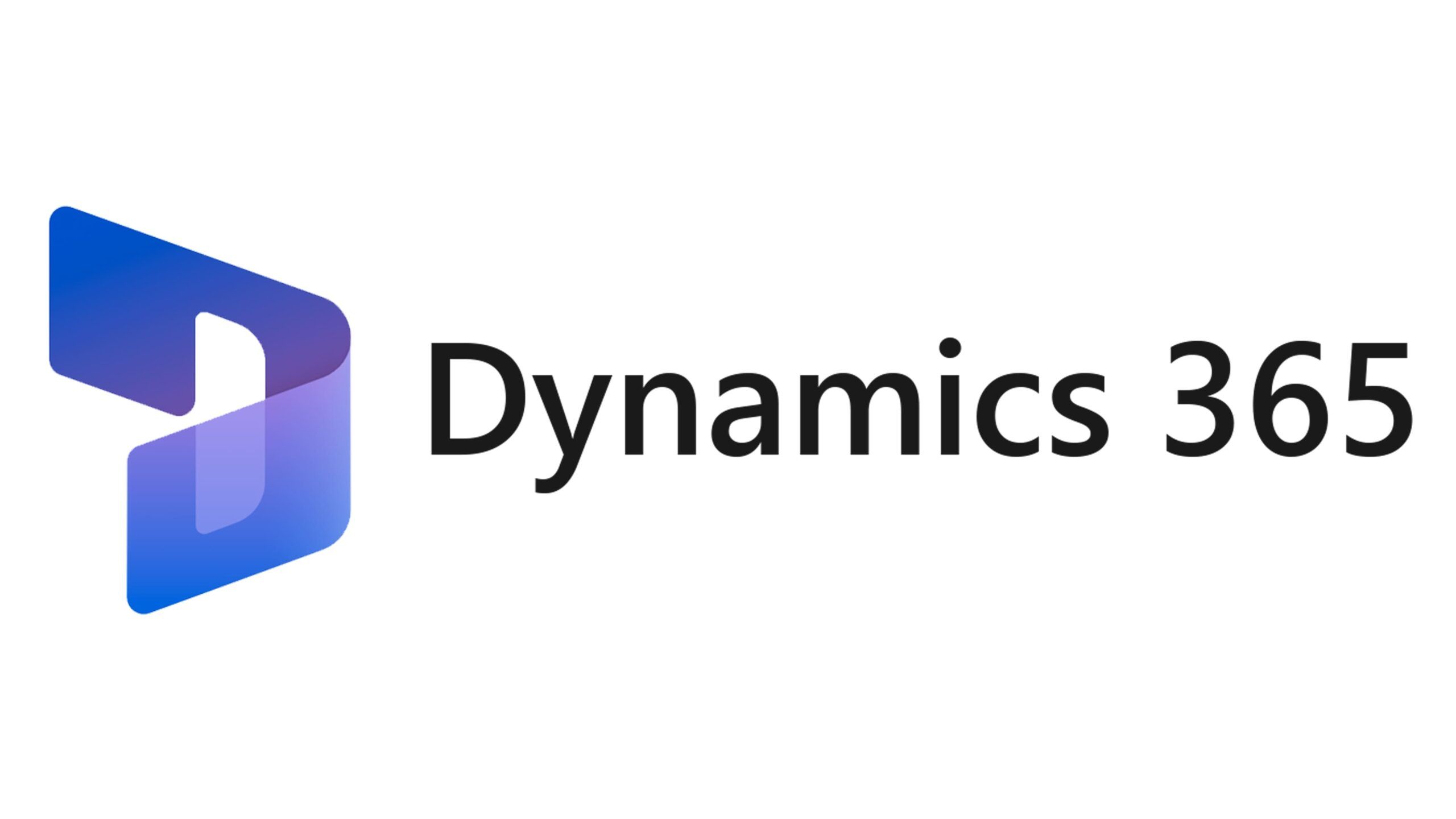
Microsoft Dynamics 365 CRM Integration refers to the process of connecting and syncing data between D365 CRM and other business applications, tools, or platforms to facilitate the streamlining of data and managing data in a unified process. Integrating Dynamics 365 CRM with external systems ensures that your operations always update in real-time and all business functions are suitably aligned.
How does Microsoft Dynamics CRM 365 integration work?
Microsoft Dynamics 365 CRM integration uses Web services or APIs based on OData or SOAP, or you can opt for a middleware integration platform that does not require manual coding and can be used to sync data across CRM, ERP, or e-commerce applications.
Top 3 Microsoft Dynamics 365 CRM Integrations
In this section, let’s explore the top 3 Microsoft Dynamics 365 CRM integrations for improving efficiency in customer relationship management and strengthening client connections through transformative collaboration.
Netsuite Dynamics 365 CRM Integration
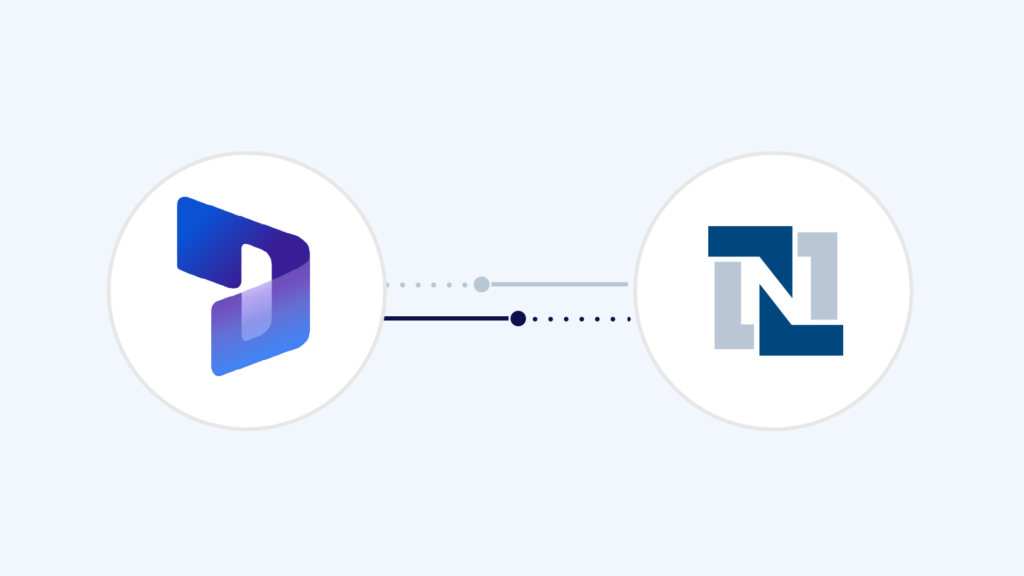
Netsuite Dynamics 365 CRM Integration refers to the seamless connection between Netsuite, a comprehensive cloud-based business management suite, and Microsoft Dynamics 365 CRM. It aims to enhance the overall efficiency and effectiveness of business processes by enabling a synchronized flow of data between Netsuite and Dynamics 365 CRM. This solution is a strategic solution for businesses seeking to optimize their customer relationship management processes and drive overall organizational efficiency.
SAP B1 Dynamics 365 CRM Integration
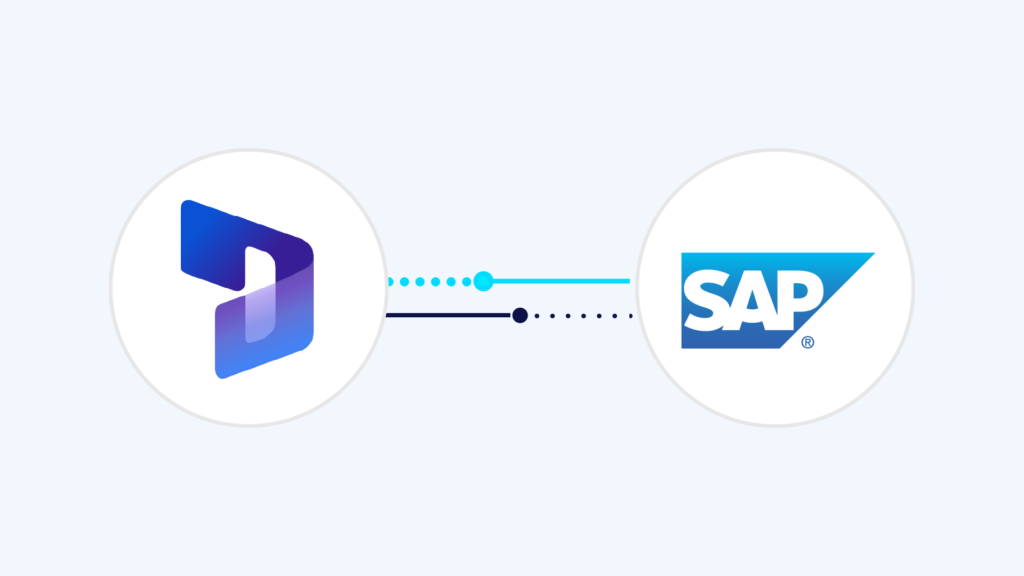
SAP B1 Dynamics 365 CRM Integration involves connecting SAP Business One (SAP B1), an enterprise resource planning (ERP) solution, with Microsoft Dynamics 365 CRM, a powerful customer relationship management platform. It enables businesses to streamline and enhance their operations by enabling seamless communication and data exchange between the two systems. It is suitable for businesses looking to improve the synergy between CRM and ERP, optimizing business processes.
Epicor Dynamics 365 CRM Integration
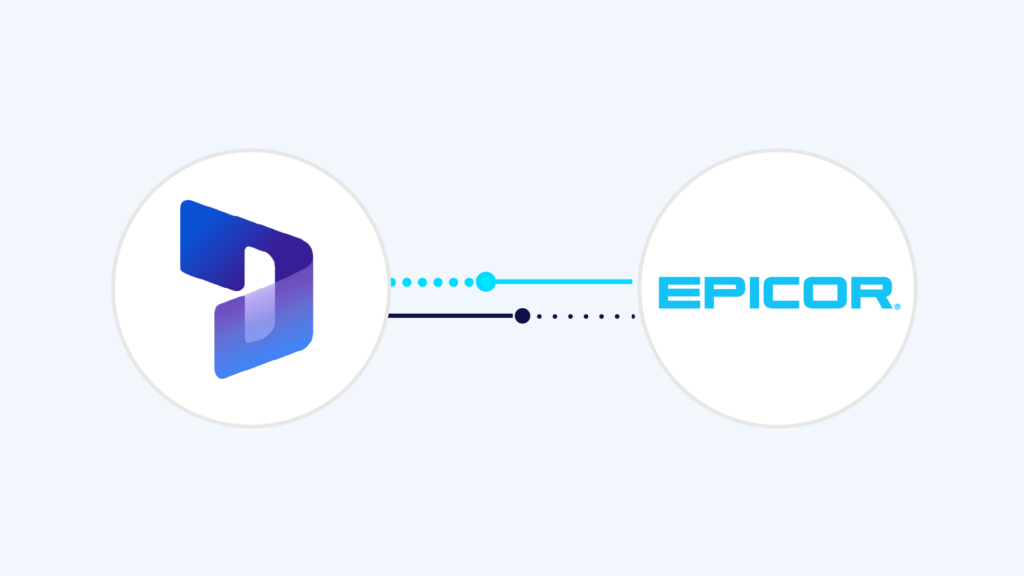
Similarly, Epicor Dynamics 365 CRM Integration also refers to the connection between Epicor, an enterprise resource planning (ERP) solution, and Microsoft Dynamics 365 CRM. It is designed to optimize business operations by facilitating the efficient exchange of data and fostering collaboration between the ERP and CRM systems. By leveraging this integration, businesses can optimize their supply chain, enhance customer engagement, and achieve greater efficiency in their overall business operations.
How to integrate Dynamics 365 CRM with external systems?
Implementing the Microsoft Dynamics 365 CRM integration requires knowledge of Dynamics 365 and other systems. As we mentioned above, if you have coding skills, you can use APIs (web APIs, SOAP APIs, and REST APIs) to access and connect data. On the other hand, if you are not an expert, seek to work with the third-party integration platform to configure mapping and triggers between Microsoft Dynamics 365 CRM and other applications.
Benefits of Microsoft Dynamics 365 CRM Integration
Microsoft Dynamics 365 CRM integration offers various benefits that help businesses eliminate barriers by minimizing manual data entry, leading to significantly streamlined processes and operational efficiency. Let’s discover more about Dymamics 365 CRM integration benefits.
- Streamlined processes: Integration reduces barriers by allowing data to flow seamlessly between systems, improving business processes, and minimizing human data entry.
- Enhanced data accuracy: real-time synchronization ensures that data across various systems is consistently accurate, reducing the risk of errors and ensuring up-to-date information.
- Improved productivity: Automated workflows and synchronized data enable teams to focus on high-value tasks, boosting overall productivity and efficiency within the organization.
- Real-time customer view: integration provides a holistic view of customer interactions, allowing businesses to better understand and respond to customer needs, ultimately fostering stronger relationships.
- Cost savings: By reducing manual efforts and minimizing errors, integration contributes to cost savings in terms of time, resources, and potential operational inefficiencies.
- Scalability: Integration solutions are designed to scale with business growth, accommodating increased data volumes and evolving requirements without disrupting operations.
- Customer satisfaction: faster response times, accurate information, and personalized interactions contribute to improved customer satisfaction, enhancing the overall customer experience.
- Competitive edge: Organizations leveraging integrated CRM solutions gain a competitive edge by efficiently managing customer relationships, staying agile, and adapting to market demands.
- Future-proofing: Integrating Microsoft Dynamics 365 CRM positions businesses for future advancements, ensuring they can readily adopt new technologies and stay ahead in the ever-changing business landscape.
Integrating Microsoft Dynamics 365 CRM using HexaSync Integration Platform
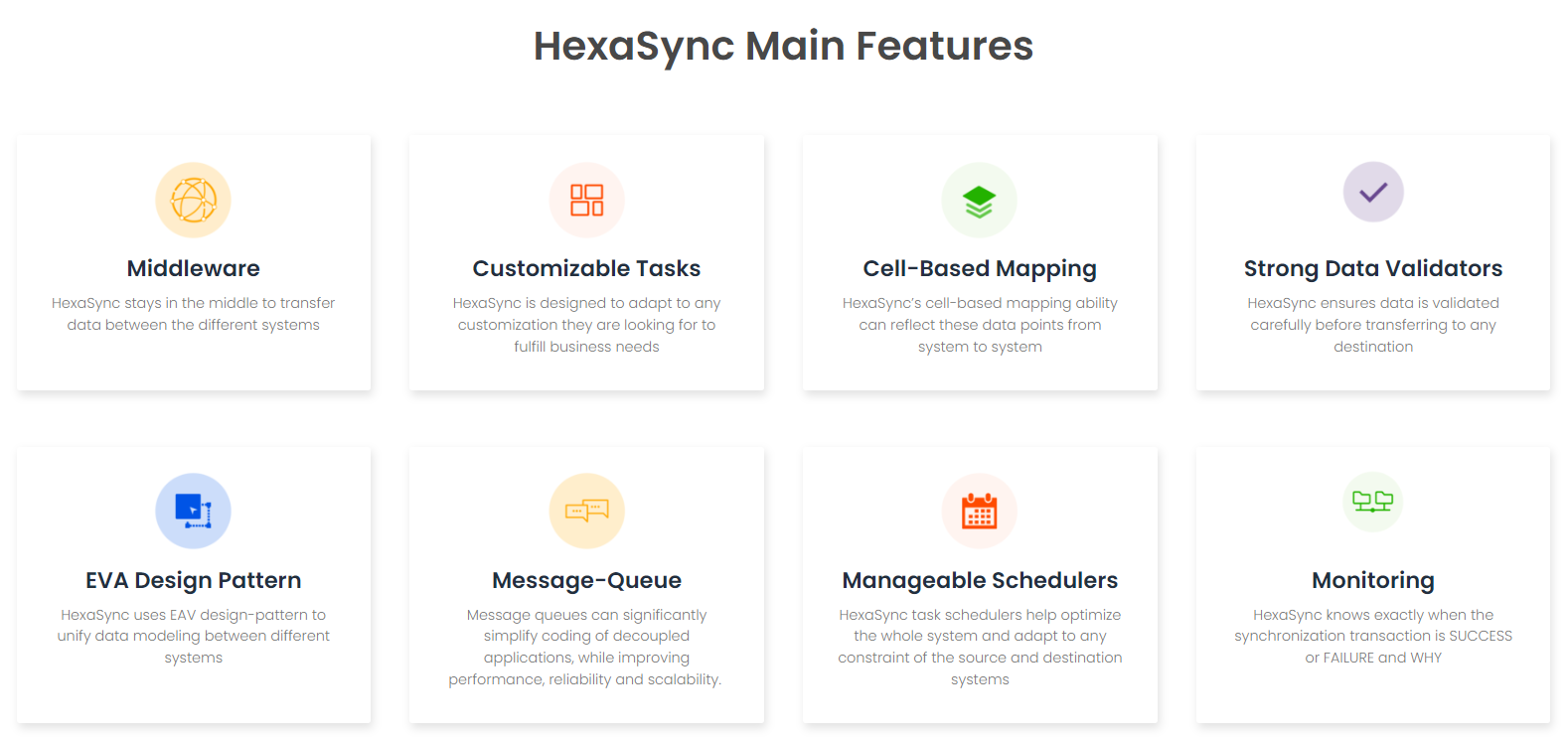
HexaSync is a platform that offers an integrated solution for businesses. It facilitates accessing, connecting, and syncing data between two or more applications to automate business processes. Working as middleware, the HexaSync platform helps organizations streamline operations by connecting legacy systems with modern SaaS applications via APIs and access tokens.
One of the most useful HexaSync features allows businesses to monitor data. It means that users can see exactly how data flows from source to destination. They can even detect problems during the integration process and handle them promptly if they are not technical.
With HexaSync, businesses can streamline various processes based on their budgets and requirements, such as sales orders, product information, inventory information, and so on.
Conclusion
As businesses strive for excellence in customer relationship management, choosing the right Microsoft Dynamics 365 CRM integration is crucial. We hope you get something useful from this article. If you have any questions about how to integrate Dynamics 365 CRM with other systems, feel free to contact us.